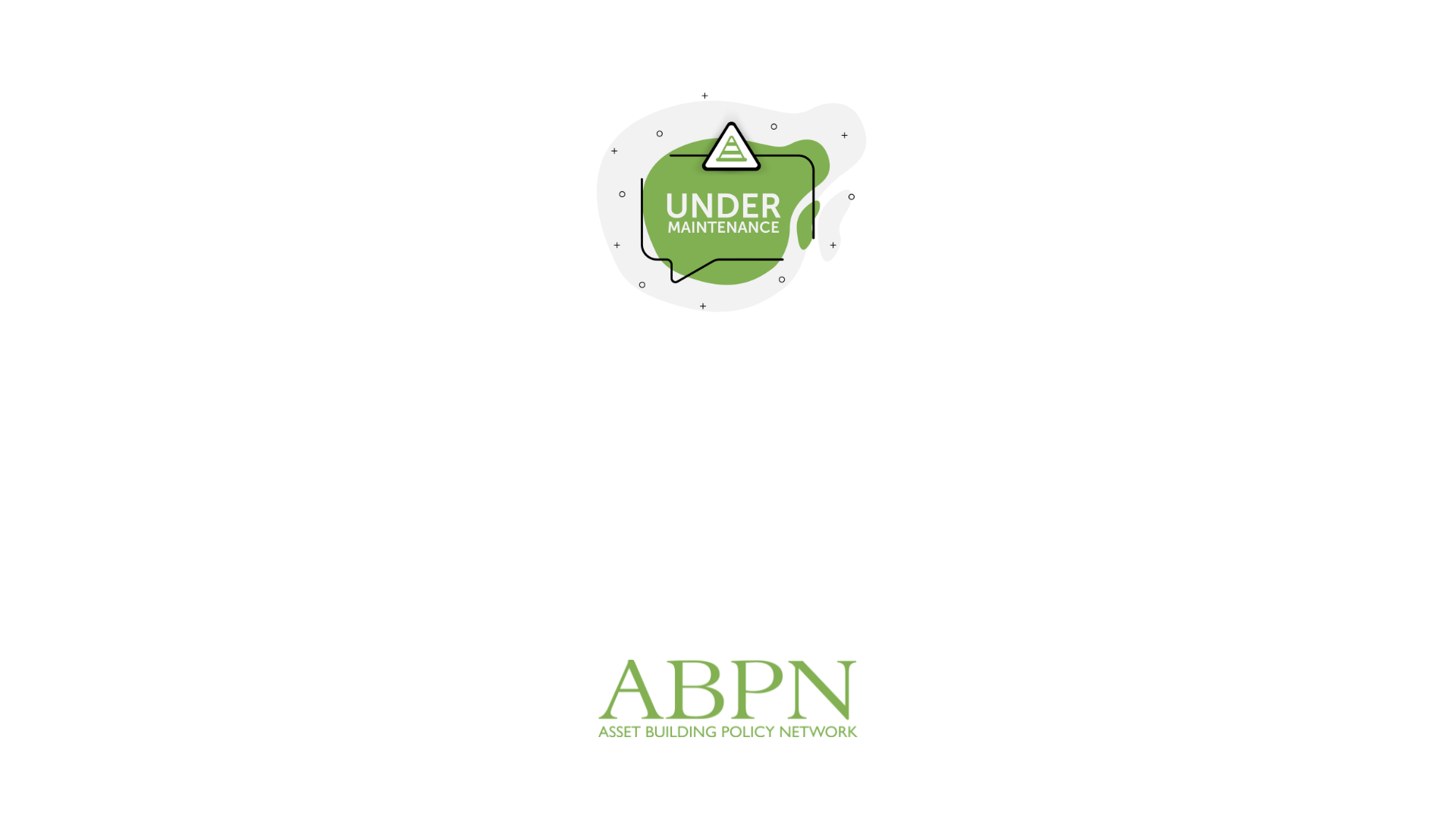While the ABPN continues to work for communities of color, our website needed a break!
Thank you for your patience while we update our website! You can find key updates on our work at ProsperityNow.org.
Thank you for your patience while we update our website! You can find key updates on our work at ProsperityNow.org.
